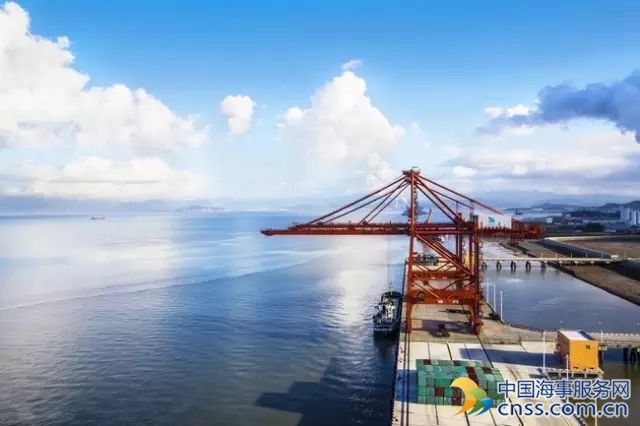US will follow IMO recommendation for enforcement of STCW 2010 amendments (transitional provisions)

In November 2016, the International Maritime Organization’s (IMO) Maritime Safety Committee (MSC) issued MSC circular (MSC.1/Circ.1560), which outlined the difficulties that have been encountered by Administrations and seafarers in meeting the 2010 amendments to the International Convention on Standards for Training, Certification and Watchkeeping for Seafarers, 1978, as amended (STCW). These difficulties came about due to the large number of seafarers that needed to meet certain training requirements and the capacity of the Administrations to process the documentation necessary to issue the required endorsements.
In recognition of the above challenges, the MSC circular recommended Port State Control authorities take a pragmatic and practical approach during inspections and further established a mechanism for delayed enforcement until July 1, 2017. The IMO further recommended that this situation be taken into account when taking action under the control procedures in Article X and Regulation I/4 of the STCW Convention. After a review of the impacts on the maritime industry, individual mariners and the related IMO guidance, the United States has chosen to follow the IMO recommendation for delayed enforcement actions resulting from the new credentialing standards.
The 2010 amendments to the STCW went into effect on January 1, 2012, with a five-year transitional period which ended on January 1, 2017. Although the United States will take the IMO guidance into account, Port State Control Officers will still review the requirements of the 2010 amendments during Port State Control examinations in the United States. It should be noted that the decision to relax the use of control actions as an enforcement measure applies only to those new transitional provisions within the STCW requirements. Vessels may still be issued deficiencies, which may lead to detention, for other reasons including demonstrated crew incompetence such as failure to perform critical drills. All deficiencies will be documented on the Port State Control Report of Inspection (Form B) for review by the company and Flag Administration, as appropriate. For details on the U.S. Coast Guard’s enforcement of STCW on foreign vessels, you may contact the Port State Control Program at PortStateControl@uscg.mil.
With regard to U.S. Flag vessels that are subject to the STCW Convention, the U.S. Coast Guard will take a similar approach to the Port State Control measures described above. U.S. Coast Guard Marine Inspectors will review the STCW endorsements issued to mariners employed on U.S. Flag vessels. If a mariner’s Merchant Mariner Credential (MMC) has a limitation (that was put in place as part of the transitional provisions) and the mariner cannot provide evidence that they have completed the required training and submitted an application to the National Maritime Center for the appropriate STCW endorsement, a deficiency will be issued to the vessel. However, no control action will placed on the vessel and the mariner will be allowed to continue to be engaged on the vessel until July 1, 2017. For details on the U.S. Coast Guard’s enforcement of STCW on U.S. Flag vessels, you may contact the Domestic Vessel Compliance Division at CG-CVC-1@uscg.mil.
Source: US Coast Guard
HEADLINES
- Do shipping markets want Biden or Trump for the win?
- All 18 crew safe after fire on Japanese-owned tanker off Singapore
- Singapore launching $44m co-investment initiative for maritime tech start-ups
- Cosco debuts Global Shipping Industry Chain Cooperation Initiative
- US warns of more shipping sanctions
- China continues seaport consolidation as Dalian offer goes unconditional